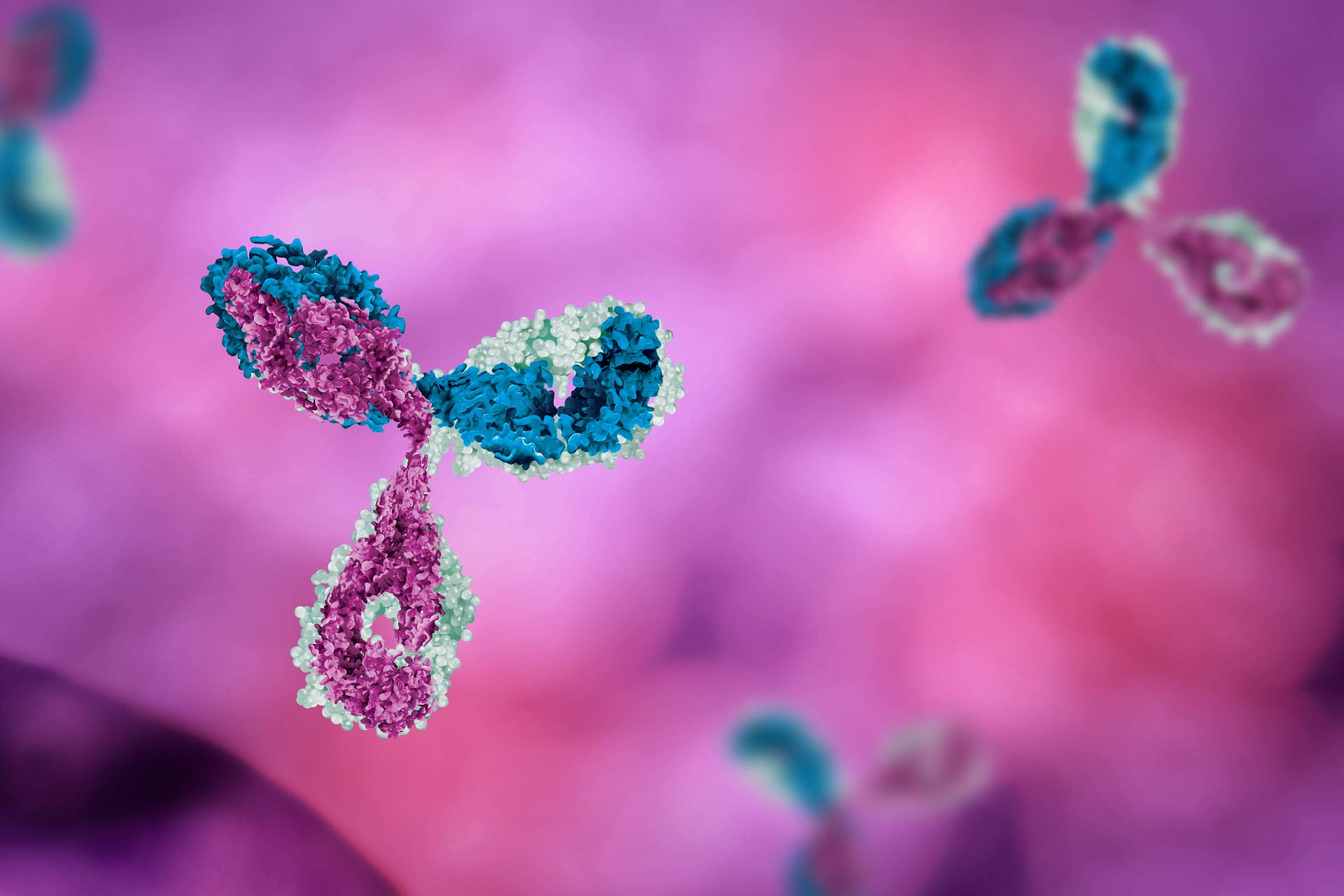• Neutralizing power
• Specific responses
What is already known on this topic
Gut microbes are known to influence many body systems, including immune cells that produce antibodies—molecules that can bind to pathogens such as viruses or disease-causing bacteria to stop them infecting our body’s cells. However, it is unclear how the microbiota shapes the antibodies that are present already before we are infected with a pathogen.What this research adds
Working in germ-free mice, researchers analyzed the genes that code antibodies after the animals had been exposed to a commensal microorganism. After exposure, the mice’s antibody repertoire was altered in different ways, depending on whether the microbes stayed in the gut or reached the bloodstream. Gut bacteria stimulated the central immune tissues to produce antibodies if the microbe got into the bloodstream. When a second microbe entered the body, the immune system produced a different set of antibodies, without compromising the first response to the original microbes.Conclusion
The findings show that central body tissues have the capacity to remember a range of different microbes, which helps to avoid sepsis—a life-threatening condition that arises when the body’s response to infection causes injury to its tissues and organs. The study also shows that different immune strategies in different body compartments are important for maintaining a beneficial interaction with commensal microbes.
Gut bacteria can shape our antibodies before we encounter a disease-causing microbe, helping to prevent a life-threatening condition that causes injury to the body’s tissues and organs, new research has found.
The results, published in Nature, show that different immune strategies in different body compartments are important for maintaining a beneficial interaction with commensal microbes and preventing sepsis—the body’s extreme response to an infection, which can rapidly lead to tissue damage, organ failure, and death.
Scientists have known that gut microbes influence many body systems, including immune cells that produce antibodies—molecules that can bind to pathogens such as viruses or disease-causing bacteria to stop them infecting our body’s cells. However, it is unclear how the microbiota shapes the antibodies that are present already before we are infected with a pathogen.

To address this question, a team of researchers led by Stephanie Ganal-Vonarburg and Andrew Macpherson at the University of Bern analyzed the genes that code antibodies after germ-free mice had been exposed to a microorganism that is commonly found in the mouse gut.
Neutralizing power
After exposure to the commensal microbes, the mice’s antibody repertoire was altered. However, the changes in the antibody repertoire differed depending on whether the microbes stayed in the animals’ gut or reached the bloodstream.
“This is rather predictable depending on the microbe concerned and where it is in the body, indicating that the intestinal microbes direct the development of our antibodies before we get a serious infection, and this process is certainly not random,” Ganal-Vonarburg says.
Further experiments showed that the antibodies produced in the mice’s gut were far less diverse than those produced in central body tissues. This suggests that once microbes get into the bloodstream, the immune system has many possibilities to neutralize and eliminate them. On the other hand, antibodies in the gut seem to bind bacterial molecules that they can see at any one time.
Specific responses
To test how the antibody repertoire that had been already shaped by a specific microbe changed when a different microbe came along, the researchers analyzed the antibody repertoire of mice after the animals were infected with two different microbes.
Once the first microbe got into the bloodstream, the central immune tissues produced a specific set of antibodies. When the second microbe came along, the immune system produced a different set of antibodies, without compromising the response to the first microbe, the researchers found.
“Our data show for the first time that not only the composition of our intestinal microbiota, but also the timing and sequence of exposure to certain members of the commensal microbiota, happening predominantly during the first waves of colonizations during early life, have an outcome on the resulting B cell receptor repertoire and subsequent immunity to pathogens,” says study first author Hai Li.











